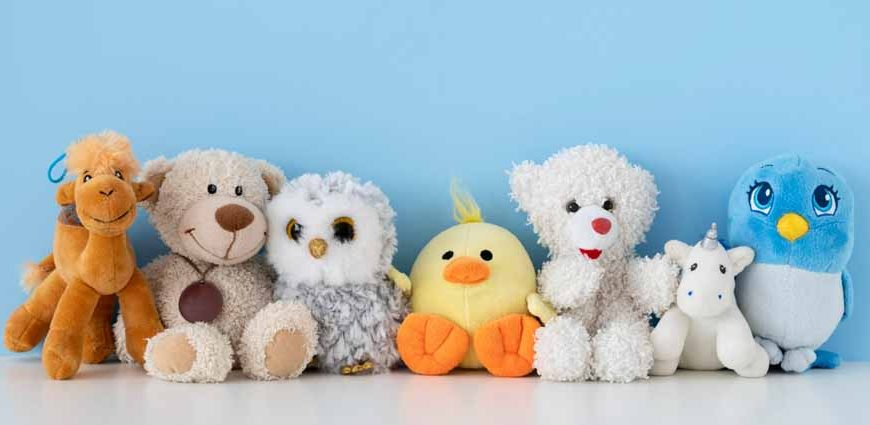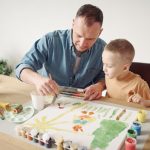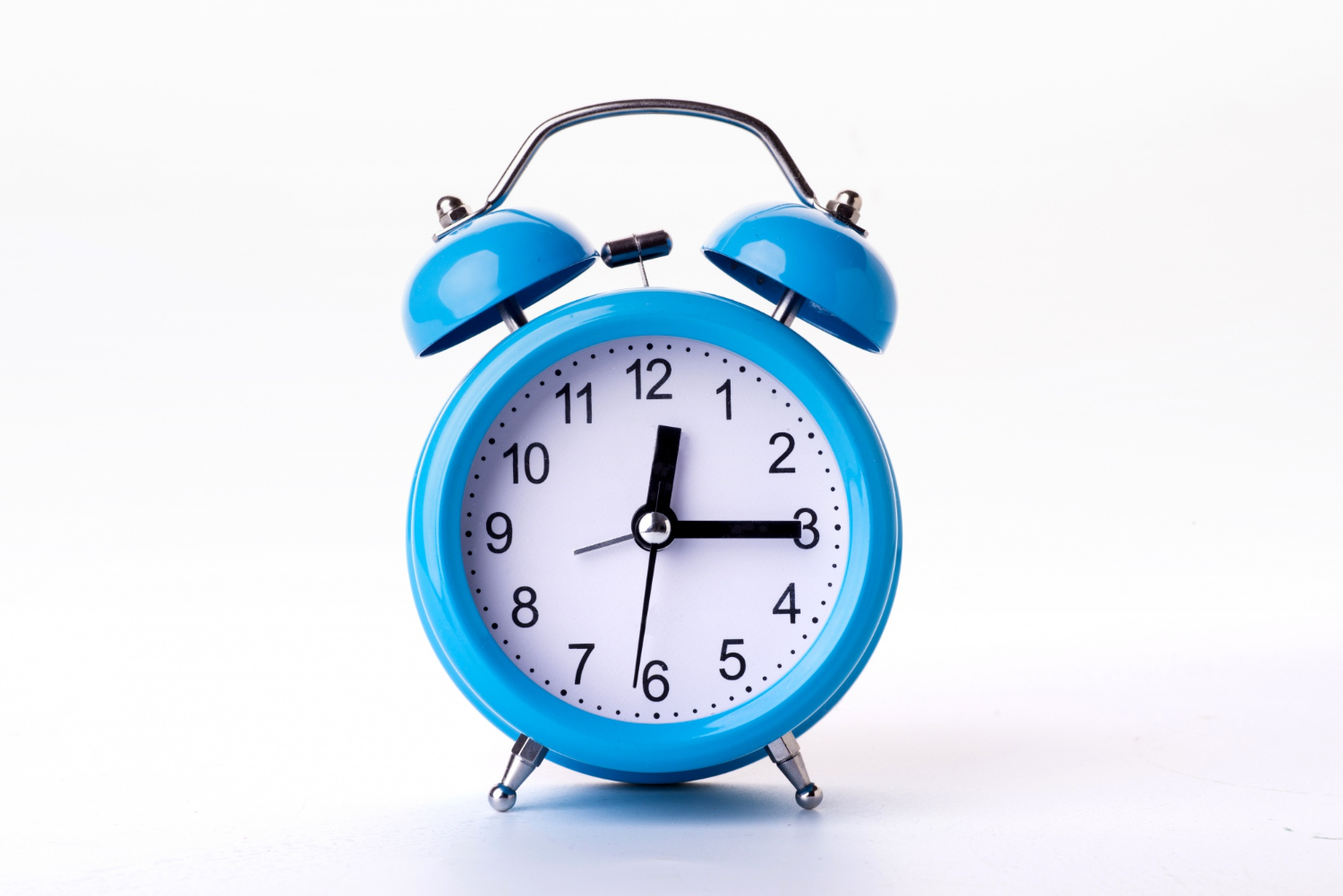Plush toys have been a staple in children’s lives for generations, providing comfort, companionship, and a sense of security. But what is a plush toy, and why do they hold such significance for youngsters? In this article, we’ll explore the reasons behind the enduring appeal of soft plush toys for babies and the best plush toys for babies that promote healthy development and strong emotional bonds.
What is a Plush Toy?
A plush toy, also known as a stuffed toy or cuddly toy, is typically made of soft fabric and filled with a soft, squeezable material such as cotton or synthetic fibers. These toys come in various shapes, sizes, and designs, often depicting animals, cartoon characters, or other familiar figures. Soft plush toys for babies are designed to be safe, easy to handle, and comforting for young children.
The Importance of Plush Toys in Early Development
- Comfort and Security
- Emotional Development
- Cognitive Development
- Social Development
One of the primary reasons babies and young children form attachments to plush toys is the sense of comfort and security they provide. Soft plush toys for babies can act as a baby comfort toy, offering a familiar and soothing presence, especially during times of stress or anxiety. Having a plush toy nearby can help children feel more at ease in unfamiliar situations or when they are separated from their parents.
Plush toys can play a critical role in a child’s emotional development. As children form attachments to their plush toys, they learn how to express and manage their feelings. By cuddling, talking to, and caring for their plush toys, children practice empathy, compassion, and emotional regulation. This emotional understanding can then be transferred to relationships with their peers and family members.
Playing with plush toys can also support cognitive development in young children. Through imaginative play, children create stories and scenarios involving their toys, helping them develop language skills, problem-solving abilities, and creativity. Additionally, babies can practice their fine motor skills by grasping and manipulating the soft plush toys.
Plush toys can help children develop essential social skills as they engage in play with others. Sharing, taking turns, and cooperating are all skills that can be practiced through play with plush toys. Children can also use their plush toys as props in role-playing scenarios, allowing them to explore different social situations and develop their understanding of the world around them.
Factors to consider in Plush Toys for Babies
When choosing the best plush toys for babies, it’s essential to consider safety, age-appropriateness, and the potential for promoting healthy development. Some factors to consider include:
- Safety
- Age-appropriateness
- Developmental Benefits
Ensure the toy is made of non-toxic materials and doesn’t have small parts that could pose a choking hazard.
Check for secure stitching and durable construction to prevent tears or loose parts.
Ensure the toy complies with safety standards.
Choose a plush toy that is appropriate for the child’s age and developmental stage.
Soft plush toys for babies should have simple features, be easy to grasp, and have a comforting texture.
As children grow older, they may enjoy more detailed toys with additional features, such as sound or movement.
Opt for a baby comfort toy that promotes healthy emotional, cognitive, and social development.
Look for plush toys that encourage imaginative play, language development, and fine motor skills.
Best Plush Toys for Babies: A Closer Look
To help parents and caregivers select the best plush toys for babies, we will delve deeper into the various types of plush toys available in the market, and their unique benefits for children’s development.
- Plush Toys with Sensory Features
- Plush Toys for Fine and Gross Motor Skills Development
- Plush Toys for Language and Communication Development
- Plush Toys for Emotional and Social Development
Sensory plush toys are designed to engage a baby’s senses, such as touch, sight, and hearing. These toys often feature a variety of textures, colours, and sounds that can stimulate a baby’s curiosity and help develop their sensory awareness. Examples include:
Soft plush toys with crinkle material or different textures for babies to explore with their hands and mouth
Toys with built-in sounds or music that can capture a baby’s attention and promote auditory development
Plush toys with contrasting colours or patterns that can help support a baby’s developing vision
Fine and gross motor skills are essential for a child’s physical development, and plush toys can play a significant role in promoting these skills. Look for toys that encourage babies to grasp, squeeze, and manipulate objects, such as:
Soft plush toys with various shapes and sizes that babies can easily grip and hold
Toys with movable parts, such as arms and legs, that can help develop a baby’s dexterity and hand-eye coordination
Larger plush toys that can be used for tummy time or crawling practice, encouraging babies to develop their gross motor skills
Language and communication skills are critical for a child’s overall development, and plush toys can provide excellent opportunities for babies to practice these skills. Consider the following types of plush toys:
Plush toys that incorporate speech or sound, such as those with recorded messages or nursery rhymes, can help familiarize babies with language and encourage them to babble or mimic sounds
Soft plush toys with facial features that can be used to teach babies about emotions and expressions, helping them develop their social and emotional understanding
Plush toys that can be used as props for storytelling, helping babies develop their listening and comprehension skills
As mentioned earlier, plush toys can be an essential tool for a baby’s emotional and social development. Some examples of plush toys that promote emotional and social growth include:
Plush toys that can act as a baby comfort toy, providing a sense of security and familiarity for children, especially during times of separation or stress
Toys that encourage role-playing or pretend play, such as plush dolls or animals, can help children understand and express their emotions and practice social skills
Plush toys that can be shared among siblings or friends, promoting cooperation, sharing, and social interaction
In conclusion, plush toys play a significant role in children’s lives, providing comfort, security, and support for their emotional, cognitive, and social development. By carefully selecting the best plush toys for babies, parents can ensure that these beloved items contribute positively to their child’s growth and well-being. Soft plush toys for babies, when chosen with safety and developmental benefits in mind, can become treasured companions that help children navigate the challenges and joys of childhood.
For more such interesting blogs, visit EuroKids.
















